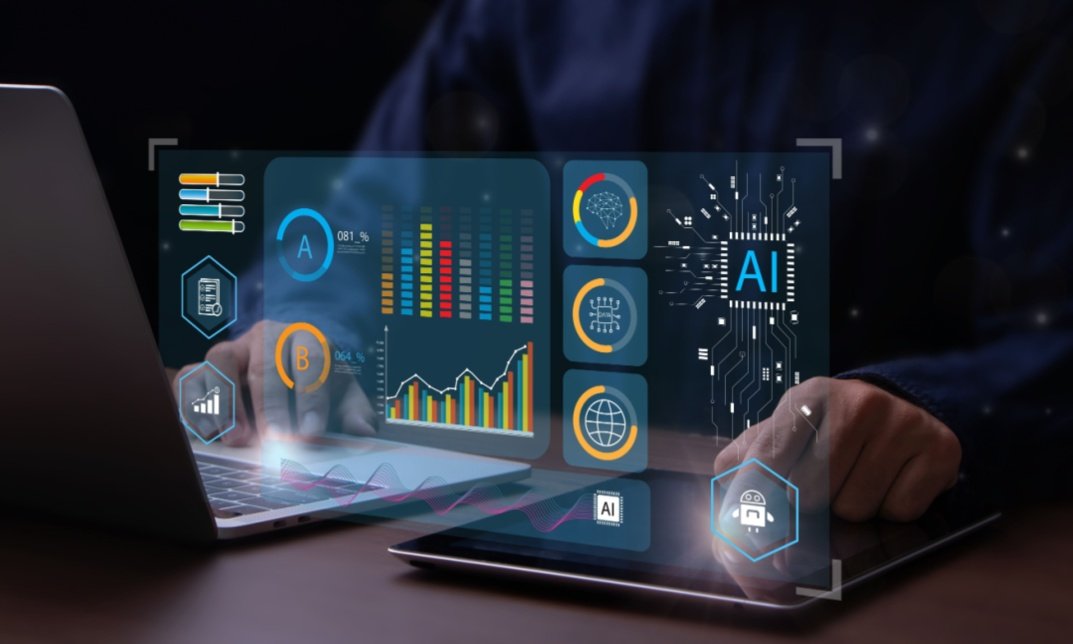No products in the cart.
Being effective doesn’t mean doing more. It means doing what matters, better. These 13 powerful strategies for personal effectiveness will help you focus, stay calm, and achieve more—without burning yourself out.
These ideas are simple. They work. You won’t find any gimmicks or hustle culture advice here. Just realistic strategies to help you use your time and energy in smarter ways. Whether you want to manage work stress, get through your to-do list, or simply feel more in control of your day, these practical tips will help.
Why Personal Effectiveness Matters More Than Ever
Life feels busy for everyone. Work demands more. Home feels full-on. Social media screams at us to do more, have more, be more. But doing more doesn’t always mean you’re doing better. Running faster doesn’t help if you’re on the wrong track. That’s why personal effectiveness matters.
It’s about working with focus, purpose, and calm. It’s about knowing your priorities. It’s about leaving space for rest. When you get this right, you stop feeling so overwhelmed. You start feeling more in control of your life. Let’s dive in.

1. Set Clear Priorities Every Day
Start each day knowing what matters most. Not what’s urgent. Not what’s loudest. What matters. Pick three key things to focus on. Write them down. This stops you from getting pulled in too many directions. You’ll finish your day with a sense of progress.
2. Learn to Say ‘No’ (Kindly, But Firmly)
Saying yes to everything spreads you thin. You can’t do your best if you’re trying to please everyone. Practise polite ways to say no. For example:
- “Thanks for asking, but I’m fully booked right now.”
- “That’s not something I can take on at the moment.”
Protect your time like it matters—because it does.
3. Break Big Tasks into Smaller Steps
Feeling stuck often comes from trying to tackle something too big all at once. Break it down. What’s the very first step? Do that. Then the next. Small steps build momentum. They stop you from feeling overwhelmed.
4. Use Time Blocks to Protect Your Focus
Distractions ruin your focus. Switching tasks burns energy. Use short time blocks to protect your attention. Set a timer. Focus on one thing. No emails. No scrolling. Try 25 minutes of work, then a 5-minute break. This method boosts your focus and helps you get more done without exhaustion.
5. Build in Proper Breaks (And Take Them)
Breaks aren’t a luxury. They’re a tool. Your brain needs time to rest. Walk around the block. Make a cup of tea. Stretch. Rest your eyes. You’ll come back sharper, calmer, and more able to tackle what’s next.
6. Tidy Your Space, Clear Your Mind
Clutter isn’t just visual. It clutters your thinking too. A tidy desk leads to a tidier head. You don’t need perfection. Just clear enough space to work without distraction. Spend five minutes each day putting things right. It helps more than you’d think.
7. Manage Your Energy, Not Just Your Time
Not all hours are equal. Notice when your energy feels high or low. Plan your work around this. Do important work when you feel sharp. Save admin tasks for when your energy dips. This small shift makes a huge difference to how effective you feel.
8. Use Lists (But Keep Them Realistic)
Lists are brilliant—but only when used well. Don’t write a giant list of everything. It will overwhelm you. Instead, make a list of realistic, achievable actions. Ticking things off gives you a sense of progress and keeps you moving forward.
9. Focus on Progress, Not Perfection
Waiting for perfect wastes time. Perfect doesn’t exist. Done is better than perfect. Focus on moving forward. Learn as you go. Mistakes are part of progress. Keep reminding yourself: progress matters more than perfection.
10. Build Boundaries Around Your Work Time
Work will expand to fill every corner of your life—unless you stop it. Set clear work hours. Shut your laptop. Turn off notifications. Protect your evenings and weekends. You’ll be more productive during work hours if you know there’s an end in sight.
11. Practise Mindfulness to Boost Your Focus
Mindfulness isn’t just meditation. It’s paying attention on purpose. Notice when your mind drifts. Gently bring it back. Notice when stress creeps in. Pause. Breathe. This habit helps you stay present and avoid that frantic, scattered feeling.
12. Reflect Regularly on What’s Working (And What’s Not)
Every so often, stop and ask:
- What’s helping me get things done?
- What’s draining my energy?
Adjust. Drop what’s not helping. Build on what is. Reflection keeps you moving in the right direction.
13. Prioritise Your Wellbeing (It’s Not Optional)
Sleep well. Eat well. Move your body. See people who lift you up. Rest when you need to. You are not a machine. Effectiveness comes from looking after yourself. Wellbeing isn’t separate from success—it’s a foundation for it.
How These 13 Powerful Strategies for Personal Effectiveness Work Together
None of these strategies work in isolation. They build on each other. Saying no gives you space to set priorities. Time blocks help you break tasks down. Boundaries protect your energy so you can reflect. Together, they create a calm, balanced way to approach your day. They help you achieve more, but without pushing yourself to exhaustion. The goal isn’t to finish every single thing. It’s to finish what matters. It’s to end the day feeling steady, not shattered.
Common Mistakes That Sabotage Personal Effectiveness
Trying to Do Everything
You can’t do it all. Trying leads to burnout, not success. Focus on fewer things. Do them well.
Believing Busyness Equals Success
Busy doesn’t mean productive. Fill your time with what moves you forward, not with endless tasks.
Skipping Breaks or Rest
Skipping rest catches up with you. Tired brains make mistakes. Exhausted minds lose focus. Build rest into your routine.
How to Start Using These Strategies Today
Don’t try to change everything at once. Pick one or two ideas. Start small. Perhaps you’ll begin by setting clear priorities each morning. Or by protecting one hour a day from distractions. Build from there. Layer these habits over time. That’s how change sticks.
The Mindset Shift Behind Sustainable Effectiveness
Effectiveness isn’t about squeezing more from yourself. It’s about working with your brain, your energy, your life. It’s choosing calm over chaos. Clarity over clutter. Progress over perfection. This mindset shift matters more than any tip or trick. It’s what makes these strategies work.
Final Thoughts: You Deserve to Work in a Way That Feels Good
You don’t need to earn your rest, and you don’t need to prove your worth by running faster. You deserve a life where work feels balanced. Where progress feels satisfying, not stressful. These 13 powerful strategies for personal effectiveness aren’t about doing more for the sake of it. They’re about helping you do what matters—without burning out. Focus. Breathe. Protect your energy. The rest will follow.
Ready to work smarter, not harder? Join our Wise Campus’s online courses on Personal Development and learn how to apply these strategies to your daily life.






